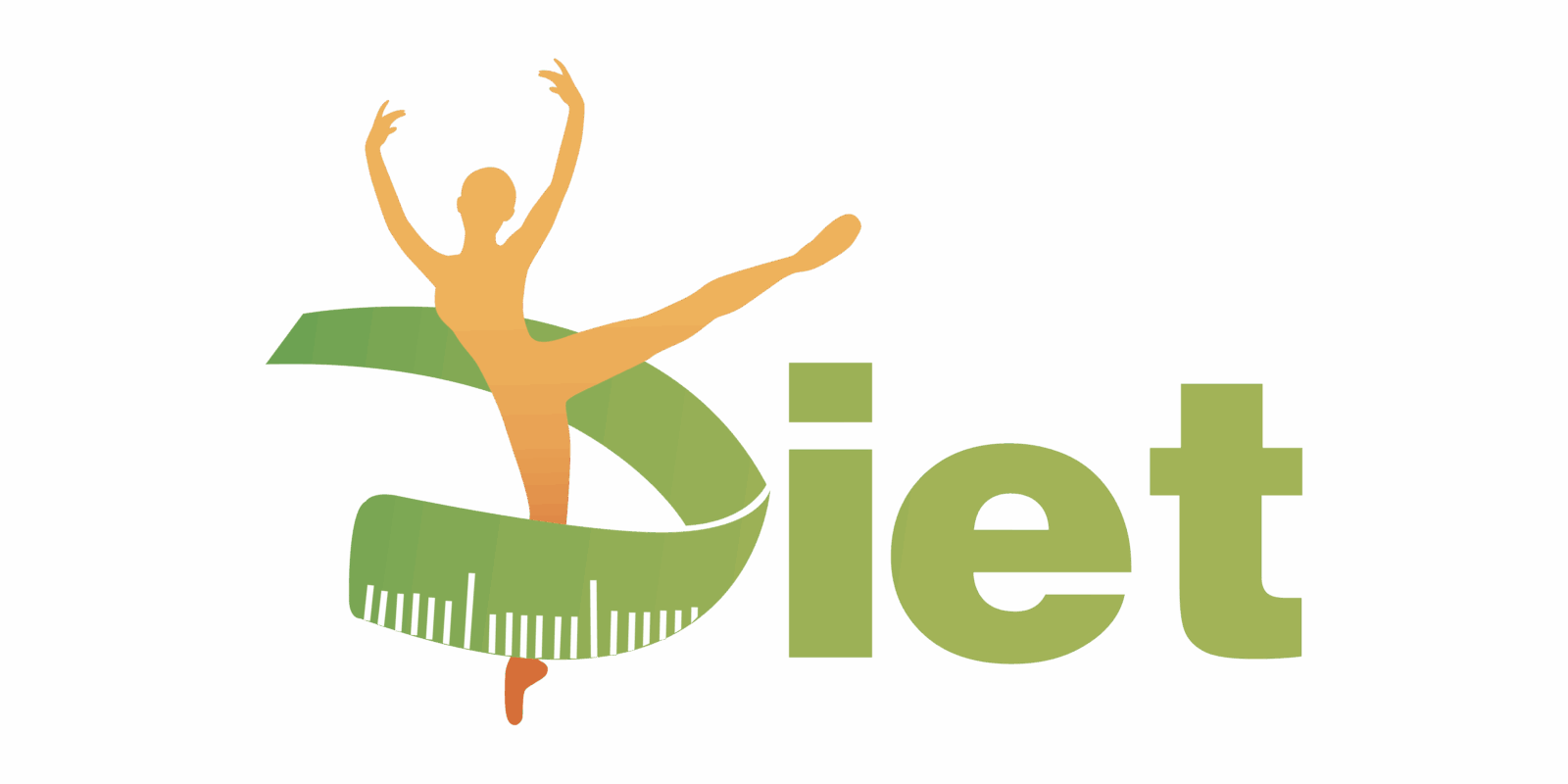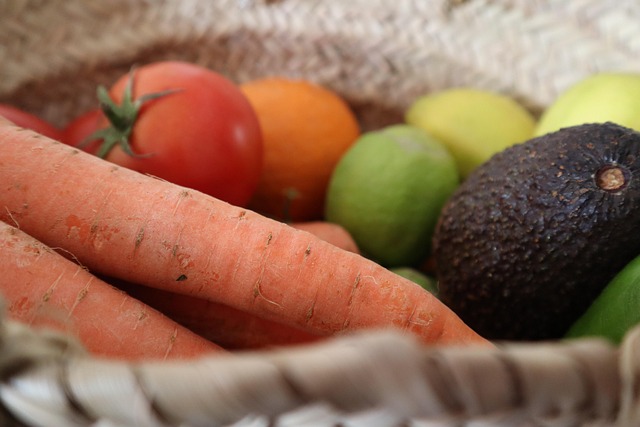Most diets don’t stick. Somewhere between 80 and 90 percent of them fail in the long run, and it’s not because people are lazy or weak-willed. It’s the system that’s broken. The typical diet starts with restriction — cutting carbs, counting calories, fasting windows, whatever the trend is. Early results look promising. A few pounds drop. Clothes fit better. But then comes the crash.
Restriction leads to burnout. Burnout leads to rebellion. That’s when old habits return, often stronger than before. The weight comes back, sometimes with interest. It’s a cycle that punishes effort and kills motivation over time.
Sustainability in nutrition isn’t about hacks or heroics. It’s about changes that don’t feel like punishment. It’s the kind of eating that can survive vacations, holidays, and bad days without falling apart. If your plan can’t last through a normal week, it won’t last at all. Real success in nutrition isn’t about sticking to a plan forever. It’s about creating one that doesn’t make you want to quit.
One-Size-Fits-All Doesn’t Cut It Anymore
If you’re still trying to copy-paste someone else’s fitness or wellness routine, 2024 is here to tell you: stop. We’ve finally hit a point where personalization isn’t a bonus, it’s the baseline. Whether you’re building a content workflow, structuring a creator schedule, or refining a health plan, the best systems are now tailored to real people with real lives.
Your schedule, your energy levels, your health history, and even what kind of content you actually enjoy—it all counts. And the science backs it up. Small tweaks based on individual preference make people stick with their habits longer. That means better results, less burnout, and a higher chance you’ll still be creating, moving, and growing six months from now.
Don’t make it harder than it has to be. Personalization just works better. That’s the whole point.
All-or-nothing thinking is a fast track to burnout. Too many people fall into the trap of being either perfectly on a plan or completely off the rails. The problem with this mindset is that life doesn’t play by black-and-white rules. There are dinner invites, last-minute schedule changes, holidays, and days when energy is just low. If your approach to food requires total control 24/7, it’s going to break fast.
Flexible dieting meets you where you are. It’s not about eating whatever you want, whenever you want—it’s about building a structure that bends without snapping. Social stuff doesn’t need to derail you. Stress doesn’t have to lead to shame spirals. Seasons can shift without forcing a full reset. People who succeed long term usually find a balance that lets them show up on the good days and the not-so-good ones.
Experts echo this. Moderation isn’t a buzzword—it’s a practice. Registered dietitians often say a realistic diet is one you can stick with through both weddings and Wednesdays. It’s about aiming for consistency over perfection. Sustainability wins, not rigid willpower.
Accountability Keeps Healthy Habits Alive
Building healthier habits doesn’t happen overnight. Consistency takes effort, especially when life gets busy or motivation wanes. This is where accountability becomes a powerful tool for staying committed.
Why Habits Take Time
Habits aren’t built in a day. They develop through repetition and conscious choices over time. But what happens on the days when willpower isn’t enough? That’s when accountability becomes essential.
- Motivation fluctuates, but habits rely on structure
- Tracking progress increases the likelihood of follow-through
- A reminder, check-in, or supportive voice really helps
The Power of External Support
Having someone or something to answer to can bridge the gap between intention and action. Whether it’s a coach, a peer group, or a close friend, support systems keep you on track and help you push through obstacles.
Types of Accountability That Work:
- Health coaches who provide personalized guidance and progress check-ins
- Supportive communities that celebrate wins and encourage consistency
- Simple check-ins with a friend or through an app to stay grounded in your goals
A Deeper Look
For a closer look at how accountability shows up in real life, check out this related article:
How Health Coaches Help Keep You On Track With Your Goals
The days of treating food as a simple math equation—calories in, calories out—are fading. In 2024, creators and audiences alike are taking a more layered view of nutrition. It’s not just about hitting numbers. It’s about eating real, whole food that actually supports energy, sharpens focus, and keeps the body running clean.
Vloggers covering wellness, fitness, or lifestyle are leaning hard into anti-fad content. They’re breaking down ingredient lists, spotlighting farmer’s markets, and making a case for meals that look like food, not formulas. There’s growing fatigue around ultra-processed hacks and one-size-fits-all cleanse culture. Instead, there’s appetite for honest, sustainable eating that fuels real life.
Tying food choices to mood, sleep, and even creative output isn’t “fluffy” anymore—it’s becoming essential. Creators who get that are finding real traction with followers hungry for more than another diet trend.
Sustainability in nutrition isn’t about picture-perfect meals or crash plans that burn out by week three. We asked registered dietitians and functional nutritionists what actually makes a diet plan work long term. Their answers were clear: gimmicks fade, but habits stick.
One major sign your approach is sustainable? You can see yourself eating this way next year without hating your life. That means no extreme restrictions, no bizarre superfood obsessions, and definitely no sacrificing your social life. Instead, look for balance. A flexible framework that includes foods you enjoy, allows for the occasional treat, and adapts to your daily reality is the one that survives.
But across the board, every expert brought it back to one thing: consistency over intensity. Anyone can white-knuckle through a strict plan for a few weeks, but showing up daily in small, manageable ways is what resets the baseline. Keep the efforts steady, not perfect. That’s where real change roots in.
Sustainable dieting doesn’t mean going all-in on some ultra-clean, no-fun routine. It’s about doing what works—consistently—without burning out. Perfection is a trap. Progress matters more. Whether you’re dropping soda, cooking more meals, or simply eating slower, small steps move the needle.
The best diet is one you can actually stick to. If your routine feels like punishment, it won’t last. The goal isn’t to survive on bland food or avoid every indulgence—it’s to find a rhythm that fits your life and goals.
What works tends to follow three rules: it’s based on solid evidence, it leaves room for individual needs, and it plays the long game. So skip the crash cleanses and miracle fixes. Instead, track what makes you feel better, keep what works, and build from there.

